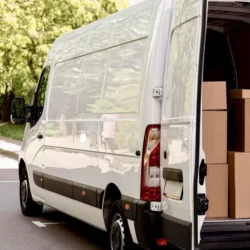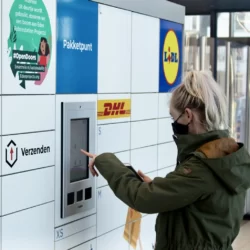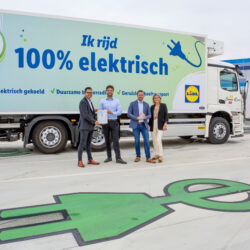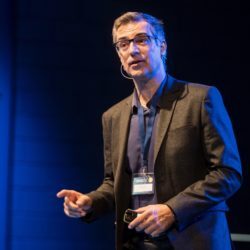FrieslandCampina and Hochwald exchange milk to reduce costs and emissions
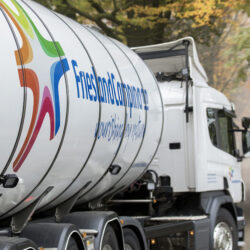
Dairy cooperatives FrieslandCampina and Hochwald are joining forces to collect milk from dairy farms more efficiently. The new member milk exchange will significantly reduce the distance between farms and processing facilities. This results in cost savings and improved sustainability thanks to lower carbon emissions associated with the collection and transportation of milk.
“Cooperation between two cooperatives based on equality creates added value for the members – both those of FrieslandCampina and those of Hochwald,” says Detlef Latka, CEO of Hochwald Foods. “For me, this is a good example of how cooperatives can work on joint synergy potential while also competing with each other.”
Starting this month, FrieslandCampina will transport milk from some of its member dairy farmers in Germany to Hochwald’s German production sites using its own transport. In turn, Hochwald will transport the same amount of milk from its own member dairy farms located near the Dutch border to FrieslandCampina’s production facility in Veghel, the Netherlands.
Cost savings
Edwin van Doorne, Director Strategy Global Supply Chain at FrieslandCampina, comments: “By exchanging member milk with Hochwald in Germany, we can transport our milk more efficiently. In doing so, FrieslandCampina and Hochwald show that sustainability and cost savings can go hand in hand.”
The milk exchange can lead to considerable cost savings due to the significantly shortened distances between the member dairy farms and the production sites. Moreover, it will enable both cooperatives to jointly reduce carbon emissions, with an annual impact of more than 1,000 tonnes of CO2.
Multi-year agreement
The multi-year agreement between FrieslandCampina and Hochwald is aimed at long-term benefits for both companies. Incidentally, this exchange makes no difference for member dairy farmers, because the milk will continue to be collected and paid for by their own dairy cooperative.



